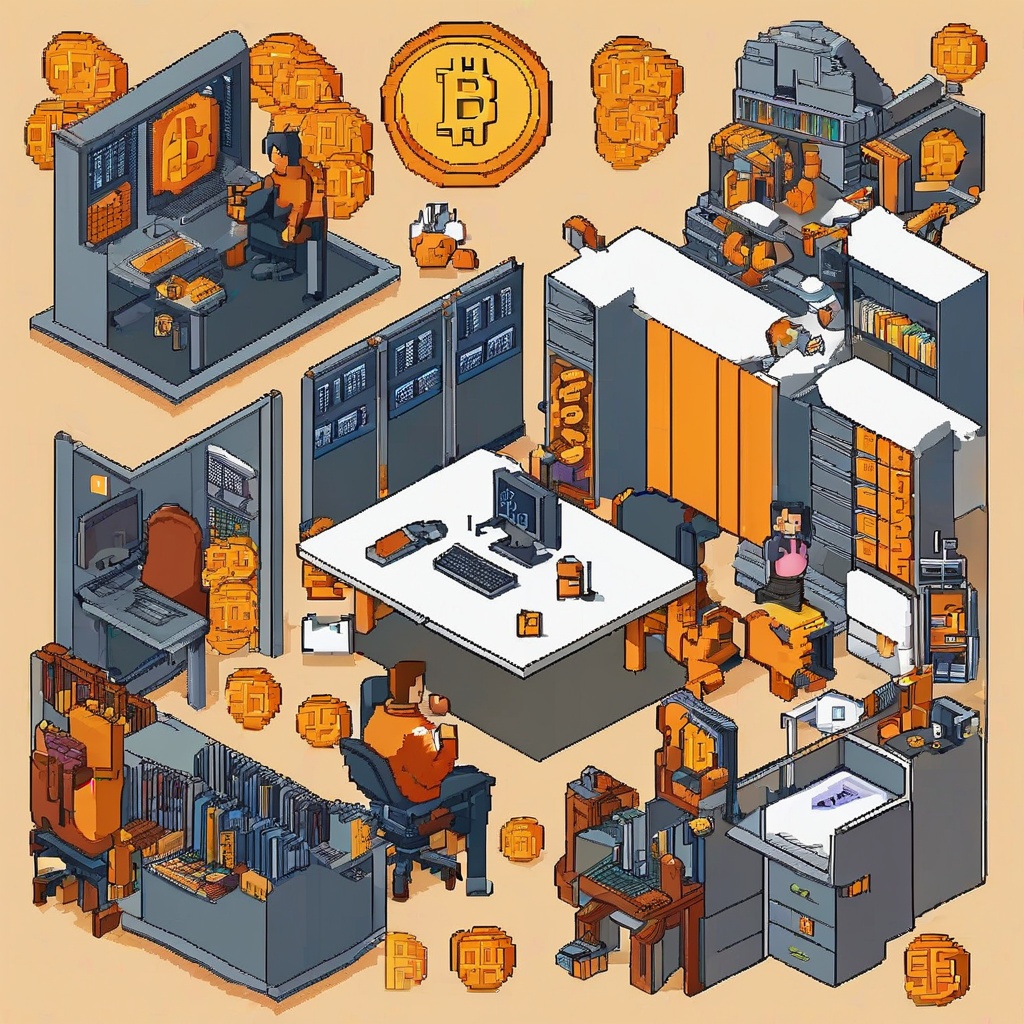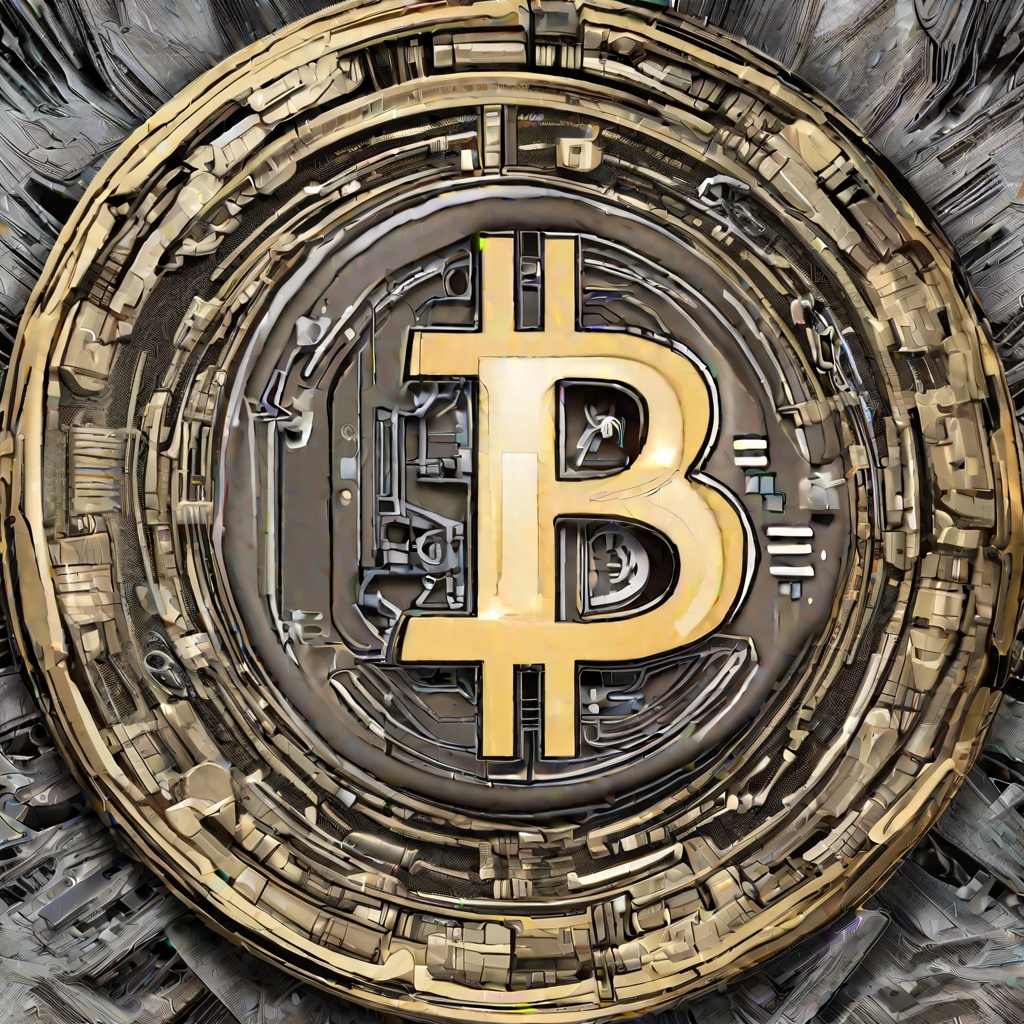Can Solana go up again?
Could Solana rise once more? I'm genuinely curious about its future trajectory. It's been quite volatile recently, and I'm trying to wrap my head around the factors that might influence its price. Is there any indication that the market sentiment is shifting towards a bullish trend? Or perhaps, are there any fundamental advancements within the Solana ecosystem that could potentially drive its value upwards? I'd appreciate any insights you could provide on this matter. After all, investing in cryptocurrency is a risky endeavor, and it's always helpful to have a professional's opinion.

Did Solana make millionaires?
Did Solana make millionaires?" This question certainly piques my interest. Solana, as a blockchain platform, has indeed garnered significant attention in the cryptocurrency space. Its unique approach to scalability and speed has attracted numerous developers and investors alike. But, the question remains: did it actually create millionaires? Well, let's delve into it. Solana's rise in popularity and value has undoubtedly provided opportunities for some early investors and believers to achieve significant returns. In the volatile and unpredictable world of crypto, those who got in early and held on through the ups and downs could potentially have seen their investments skyrocket. However, it's important to note that not everyone who invested in Solana became a millionaire. The crypto market is full of risks, and even the most promising projects can falter. So, while Solana may have provided some individuals with the chance to become millionaires, it's not a guarantee for everyone. In conclusion, the answer to the question "Did Solana make millionaires?" is a nuanced one. While there are likely individuals who have achieved such financial milestones through their investments in Solana, it's not a blanket statement that applies to everyone. The crypto market remains a risky but potentially rewarding playing field.

Is Cardano better than Solana?
Is Cardano really superior to Solana? This question really piques my interest. Both platforms have their unique selling points and advantages in the cryptocurrency landscape. Cardano, with its focus on security, transparency, and sustainability, seems to offer a robust solution for global financial systems. Its Ouroboros consensus mechanism and layered blockchain architecture certainly give it an edge in terms of scalability and customization. On the other hand, Solana boasts its high performance and innovative Proof of History consensus algorithm, promising fast, secure, and scalable solutions for decentralized applications and cryptocurrencies. Its status as the preferred chain in the DeFi space and the attention it's garnered from investors and enthusiasts are testament to its growing influence. So, which one is truly better? It's a tough call. It really depends on the specific use case, the needs of the community, and the overall vision of the platform. I'd say it's a matter of personal preference and the unique value proposition each platform brings to the table. What do you think?

Is AVAX better than Solana?
I'm genuinely curious about the comparison between AVAX and Solana. Could you please elaborate on which one might be superior in terms of performance, scalability, and security? Also, I'm interested in understanding their respective ecosystems and the potential for future growth. Given the rapidly evolving nature of the cryptocurrency landscape, it's important for me to stay informed and make informed decisions. Could you provide some insights into the strengths and weaknesses of both platforms, and perhaps offer a perspective on which one might be more suitable for different use cases? Thank you for your time and expertise in this matter.

Which is faster Solana or Avalanche?
When it comes to blockchain technology, speed is often a key factor in determining the effectiveness and scalability of a platform. This naturally leads to the question: which is faster, Solana or Avalanche? Both Solana and Avalanche are considered high-performance blockchains, designed to handle a large number of transactions per second. Solana, in particular, prides itself on its scalability and speed, claiming to be one of the fastest blockchains in the industry. Its unique architecture and innovative consensus mechanism are designed to optimize transaction throughput and latency. On the other hand, Avalanche also boasts impressive performance characteristics. Its consensus mechanism, which involves multiple subnets validating transactions in parallel, allows for extremely fast transaction speeds and low latency. So, the question remains: which of these two blockchains truly excels in terms of speed? While both Solana and Avalanche have their respective strengths, a detailed analysis of their architecture, consensus mechanisms, and actual transaction speeds would be necessary to arrive at a conclusive answer. It's important to note that the speed of a blockchain can also be affected by various factors such as network congestion, the type of transactions being processed, and the overall health of the blockchain ecosystem. In conclusion, the answer to the question of which is faster, Solana or Avalanche, is not a simple one. It requires a thorough understanding of both platforms and their underlying technologies, as well as a consideration of the various factors that can affect their performance.

